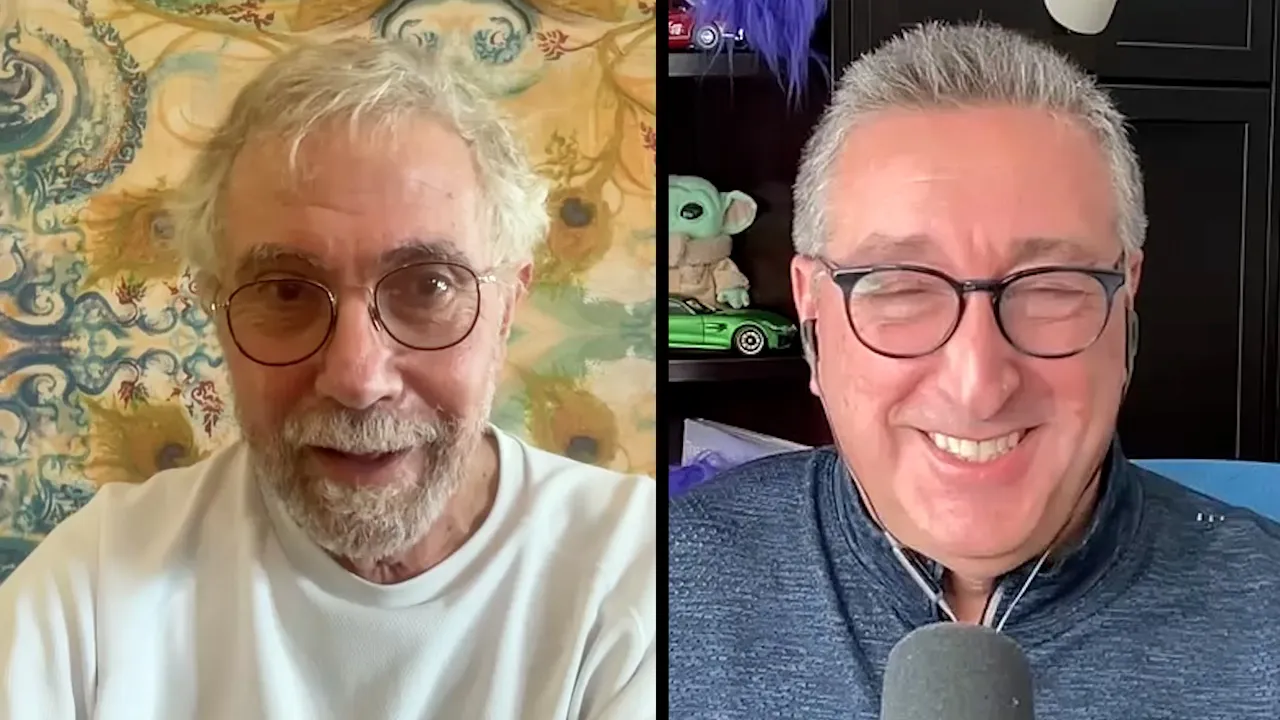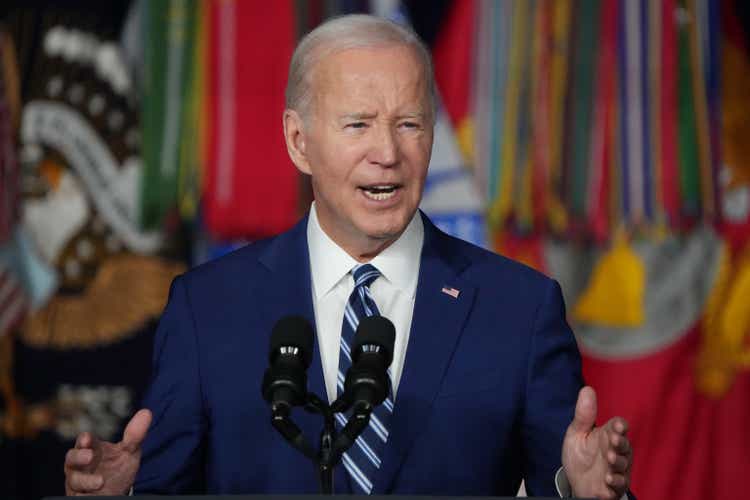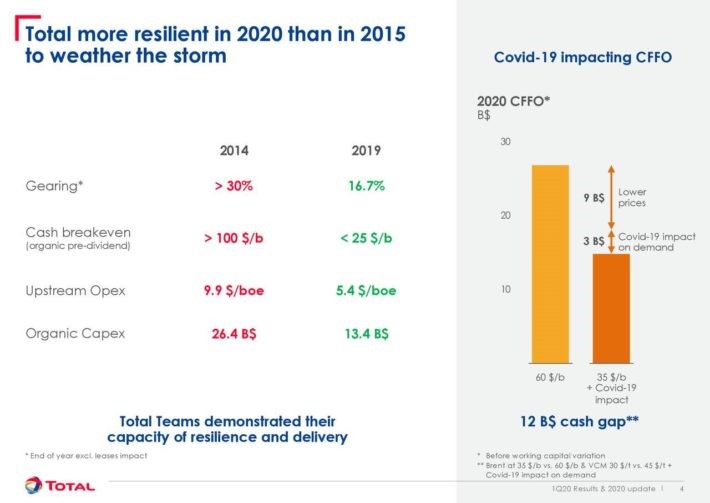Receive free World updates
We’ll send you a myFT Daily Digest email rounding up the latest World news every morning.
Commercial driverless taxis are to begin carrying passengers around San Francisco after a historic decision to allow them despite opposition from the city’s mayor and local unions.
Robotaxis operated by Waymo, which is controlled by Google’s owner Alphabet, and General Motors’ Cruise have been seen in parts of the city for years but under controlled, test conditions.
However, yesterday’s decision by the California Public Utilities Commission will allow these services to charge passengers for rides without restrictions.
The landmark decision comes 14 years after Google began to develop the first driverless cars, leading to widespread predictions that autonomous vehicles would become ubiquitous within a decade.
Calls for a delay to the introduction of driverless passenger taxis were ignored by California’s regulators, who voted 3-1 to give them the green light. Read the full story.
Here’s what else I’m keeping tabs on today and over the weekend:
Sam Bankman-Fried bail hearing: A New York judge will decide today whether the founder of cryptocurrency exchange FTX should go to jail while he awaits his trial.
Economic data: After yesterday’s encouraging US inflation data, today we get an update to the producer price index. It tracks the prices businesses pay for goods. I will also be watching inflation figures from Brazil and the latest industrial output data from Mexico.
US politics: Republican presidential candidates descend on Iowa’s famed state fair. Challengers to Donald Trump, who has a big lead in polls, believe success in the Midwestern state is vital for halting his momentum.
How well did you keep up with the news this week? Take our quiz.
Five more top stories
1. The Supreme Court yesterday put on hold Purdue Pharma’s $6bn bankruptcy settlement that would shield members of the Sackler family, who own the company, from future lawsuits linked to the US opioid crisis. The decision is a blow to the Sacklers. Here’s why.
2. Amazon is tracking attendance and targeting US employees who fail to return to the office. The company has sent emails to workers for “not currently meeting our expectation” of being at the workplace at least three days a week, prompting privacy concerns. Here’s how the Seattle-based tech giant is monitoring its staff.
3. UBS has begun the process of killing off Credit Suisse’s international brand, replacing signs at the collapsed bank’s US headquarters in New York and planning changes at other sites, according to people familiar with internal discussions. Read the exclusive story.
4. Ukraine’s government bonds have surged in price over the past two months as international investors grow more optimistic about how much of their money they will get back in an eventual restructuring of the war-torn country’s debt. Here’s why the bonds are among the best performers in global fixed income markets this year.
5. China’s cabinet is sending teams of officials to more than 10 of the country’s financially weakest provinces to scrutinise their books. The programme is a sign of mounting concern in Beijing over the build up of financial risks by local governments as the economy falters. Our Beijing team have more.
China’s property sector: Country Garden, the country’s biggest private homebuilder, is dangerously short of cash and showing signs of distress.
The Big Read
Disposable vapes are becoming the near-perfect product: cheap, addictive and available everywhere. Stuart McGurk visits Europe’s largest industry expo to understand how a pursuit that was once designed to help you quit smoking has turned into a $27bn global industry. Read his report.
We’re also reading . . .
Chart of the day

This week’s surge in European gas prices underscores how the region’s success in weaning itself off Russian energy has left it more vulnerable to the ebb and flow of volatile global energy markets. While Europe managed to avert an energy crisis last year by rapidly increasing imports of liquefied natural gas, its newfound dependence on the fuel has left it competing with Asia for supplies.
Take a break from the news
‘This isn’t fun!’ FT writers, including Lucy Kellaway and Martin Wolf, share memories of when their holiday dreams turned into nightmares.
Additional contributions from Tee Zhuo and Benjamin Wilhelm
Recommended newsletters for you
Asset Management — Find out the inside story of the movers and shakers behind a multitrillion-dollar industry. Sign up here
The Week Ahead — Start every week with a preview of what’s on the agenda. Sign up here

















